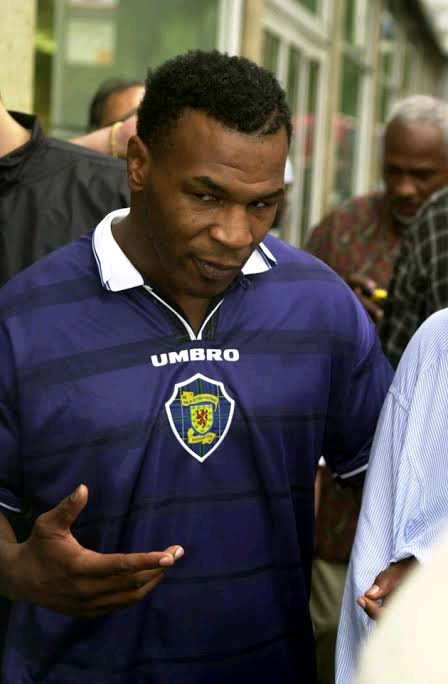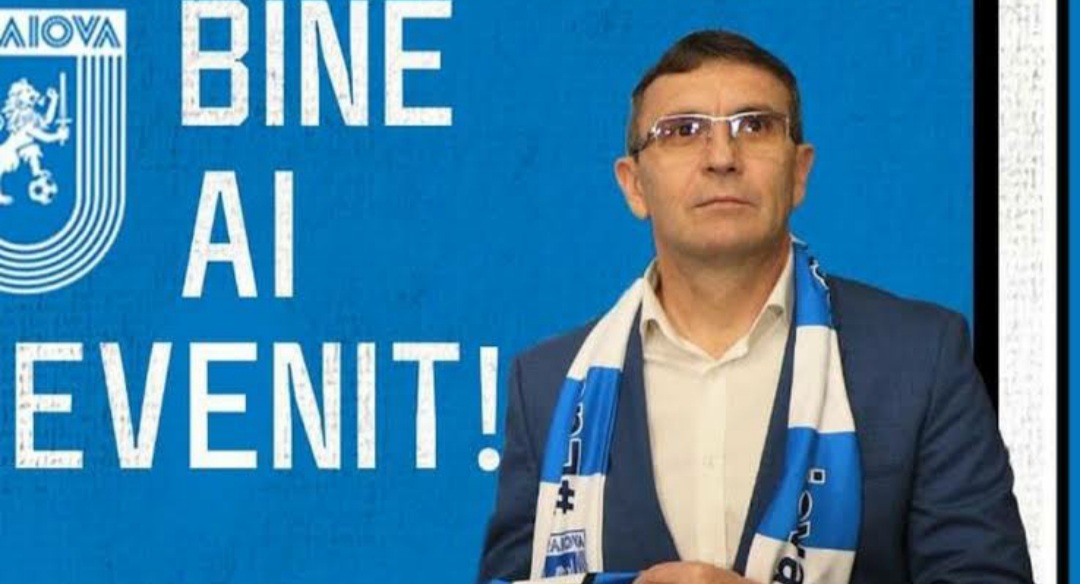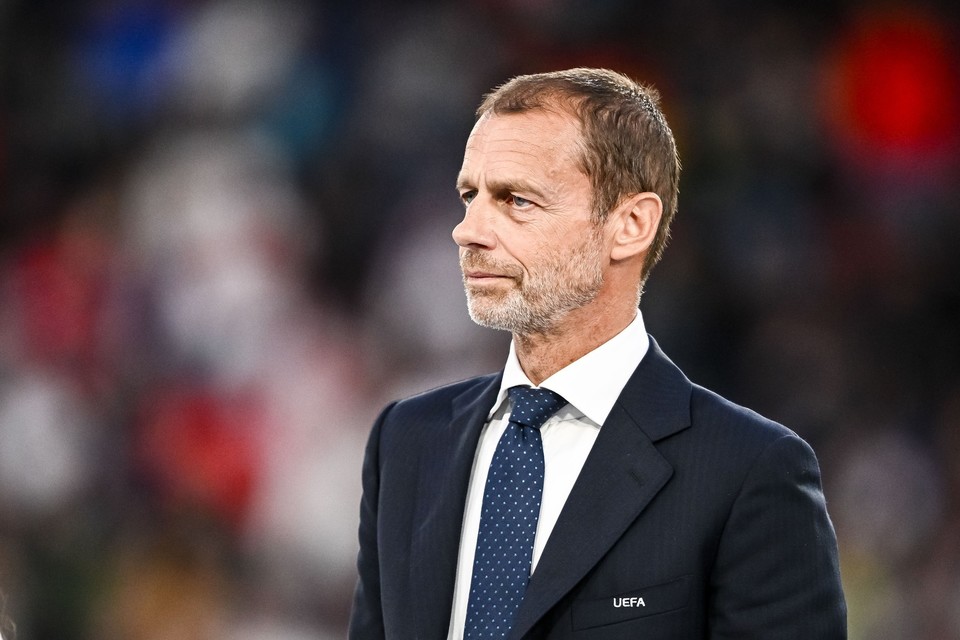Unexpectedly, Notre Dame has allegedly fired its head football coach in response to a barrage of disparaging remarks from fans that have shaken the university. The ruling, which has caused a stir in the collegiate football community, highlights the increasing impact of fan opinions in the internet era and calls into question the relative strength of institutional decision-making and popular opinion.
After leading the Fighting Irish for multiple seasons, the coach’s career had been uneventful. Under his direction, the club had seen moments of success, such as a few bowl games and successful recruiting classes, but in recent years, play has deteriorated. The once-supportive fan base started to lose interest in the team after losses in important games and what some critics called a lack of strategic inventiveness.
It seems that an especially bad loss earlier in the season was the turning moment. Already irritated by the team’s inconsistent play, supporters vented their frustrations on social media and in online forums. Dismissal-related hashtags started trending, and criticism on Notre Dame’s official social media accounts got progressively worse.
The volume and intensity of the fan feedback was what set this situation apart. In contrast to the past, when irate fans may vent their frustrations via letters or phone calls, the digital world of today enables the rapid and broad sharing of viewpoints. Thousands of comments flooded the internet within hours of the loss, many of them criticising the coach’s choices, challenging his leadership, and demanding his resignation.
It has been stated that university administrators kept a careful eye on the situation, cognisant of the mounting public outrage. Although fan criticism in sports is not rare, the volume and intensity of the remarks in this particular case were unprecedented. Sources close to the athletic department claim that the administration felt forced to take action in order to contain the growing public relations disaster as well as to solve the team’s performance problems.
It has been stated that a series of high-level discussions including key stakeholders, athletic department officials, and university leadership resulted in the decision to break ways with the coach. Although on-field performance was undoubtedly a factor, insiders contend that the timing and type of the dismissal were significantly influenced by the tremendous negative support from the fans.
There was a lot of discussion at the university, according to a source who spoke on condition of anonymity, regarding how to handle the circumstance. Letting go of a coach is never an easy choice, especially if they have been a member of the Notre Dame community for a long time. However, the volume of fan comments—especially the ones that indicated disappointment and rage—created an unworkable situation. According to the insider, the leadership believed that in order to rebuild trust in the program, a change was required.
This Notre Dame incident could be used as a case study to illustrate the growing influence of fans in college athletics. Social media has made it easier for voices to be heard and for localised issues to become national discussions, thus institutions are having a tougher time keeping their distance from public opinion. The firing of a coach, which was partially prompted by remarks from fans, demonstrates a change in the way college athletics administrators make decisions.
Opponents of the action claim that it creates a risky precedent to let fan opinions determine such important decisions. They make the point that even ardent supporters might not always have the best understanding of the difficulties involved in managing an effective football program. Emotional responses to defeats may prompt demands for extreme activities that may not be optimal for the team in the long run.
Conversely, proponents argue that in the current sports climate, supporters who devote time, resources, and sentiment to their teams must also be held accountable, in addition to athletic directors and university presidents. According to this perspective, Notre Dame’s decision shows that the university values its fan base and that their opinions cannot be ignored.
Notre Dame’s management will surely keep the lessons from this experience in mind when they start the hiring process for a new head coach. The new coach will have to live up to the demands of a fervent and loud fan base in addition to performing well on the pitch.
The dismissal puts a disappointing conclusion to the departing coach’s once-promising tenure. The coach acknowledged the difficulties of the previous season and thanked the university, the players, and the supporters in a succinct statement sent through his agent. I’m proud of what we’ve done as a team, and it’s been an honour to lead this group. The statement said, “Even though I’m disappointed in how things ended, I respect the decision and wish the program nothing but success going forward.”
After this unexpected turn of events, the Notre Dame football program is at a crossroads. The team’s future as well as the university’s connection with its devoted fan base will be determined by the actions taken in the near future.















Leave a Reply